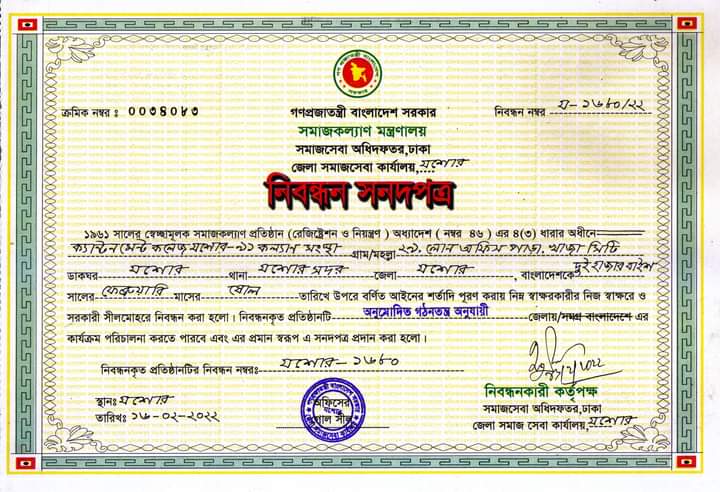1. Basic Medical Knowledge
- Anatomy and Physiology: Understanding the human body’s structure and functions.
- Medical Terminology: Learning the language used in healthcare settings.
2. Clinical Skills
- First Aid: Basic emergency medical procedures.
- Basic Patient Care: Techniques for assisting patients with daily needs and medical tasks.
3. Health and Safety
- Infection Control: Practices to prevent the spread of diseases.
- Patient Safety: Ensuring a safe environment for patients.
4. Communication Skills
- Interpersonal Communication: Effective interaction with patients and healthcare staff.
- Documentation: Properly recording patient information and medical histories.
5. Ethics and Professionalism
- Medical Ethics: Understanding ethical issues and patient rights.
- Professional Conduct: Adhering to standards of behavior in healthcare settings.
6. Practical Training
- Clinical Placements: Hands-on experience in real healthcare environments.
- Simulation Labs: Practice with medical equipment and scenarios.
7. Specialized Topics (Depending on the Course)
- Phlebotomy: Techniques for drawing blood.
- Medical Laboratory Techniques: Basics of lab work and diagnostic testing.
- Pharmacy Assistant Skills: Fundamentals of working in a pharmacy setting.
8. Exams and Certification
- Assessments: Exams and practical assessments to test knowledge and skills.
- Certification: Obtaining certification or accreditation upon successful completion.
Such a course is ideal for those interested in roles such as medical assistants, lab technicians, pharmacy technicians, or other supportive healthcare roles. It’s a stepping stone to more advanced education or direct entry into the workforce.





Leave A Comment